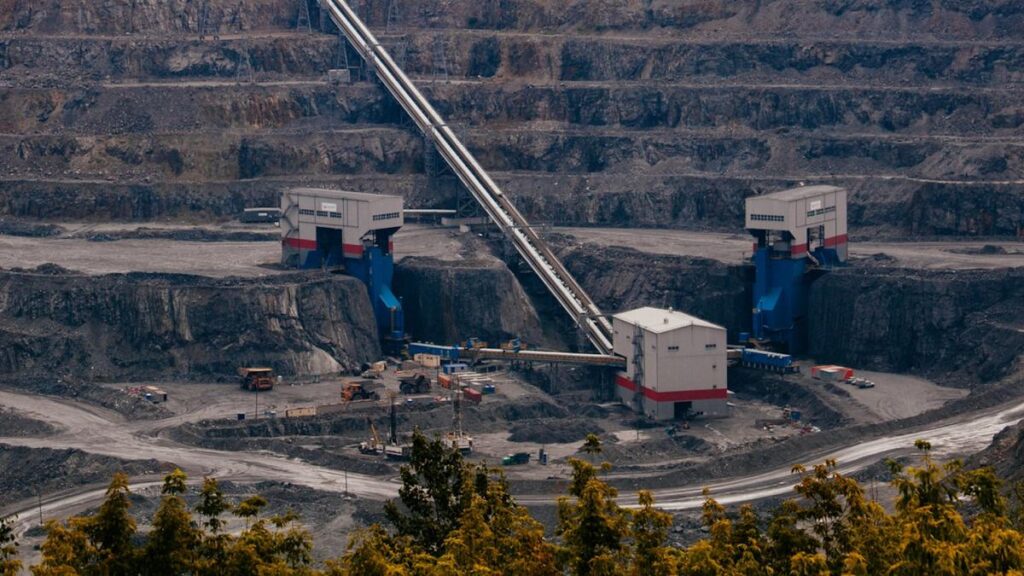Two large, grid-supporting battery storage facilities have been approved in Scotland, according to the BBC.
Billed as Europe’s largest such effort, perhaps of most interest is the fact that part of the installation will be on the site of a former coal mine, a representation of the country’s transition to cleaner, renewable energy. Around 90% of Scotland’s electricity is generated using wind, sun, and nuclear power, per the BBC.
“Battery storage, which is well located … enhances energy security, provides the grid with much-needed flexibility and enables low-cost renewables to be deployed faster,” Nischal Agarwal, regional lead of project developer Copenhagen Infrastructure Partners, said in a news release.
The packs are crucial to renewable energy’s success, as they can store the power for later use, making it available during peak demand. The saved juice also offers blackout protection, a growing concern in some places. Euronews reported that more than 30% of global electricity is generated by renewables. Tesla’s Megapacks are an example of the tech being used to hold some of it.
While the latest projects are a good start, energy experts estimate the United Kingdom needs to add six times more battery storage capacity by the end of the decade to meet energy demand flow across the U.K., the BBC reported.
Another project, Devilla, is planned near Kincardine. The three locations will be able to power 4.5 million homes for two hours, according to CIP.
Watch now: How bad is a gas stove for your home’s indoor air quality?
The new locations will cost about $998 million, the release continued. The investment can go a long way to reducing heat-trapping air pollution, linked by NASA to a growing risk of severe weather events, including coastal storms and wildfires.
The Coalburn project will be charged by wind turbines, and the packs are set to be online later this year. It’s all part of the United Kingdom’s goal of reaching the often-touted “net zero” mark by 2050, the BBC reported.
The United Nations described net zero as reducing planet-warming air pollution to amounts that can be naturally absorbed safely in the environment. It’s a goal companies and governments often include in strategic plans but sometimes fail to take sufficient action to reach. As citizens and consumers, we can help by staying educated on the progress. The knowledge can help you to make informed decisions when you vote and shop.
In Scotland, the BBC reported that the work order also includes a nine-turbine wind project, set to be complete by 2027.
“By helping to supply reliable and secure power to our homes and businesses, well-located storage systems, such as batteries and pumped hydro storage, can move us closer to net zero and directly support the communities around them,” Scotland First Minister John Swinney told the BBC.
Join our free newsletter for good news and useful tips, and don’t miss this cool list of easy ways to help yourself while helping the planet.
Read the full article here


